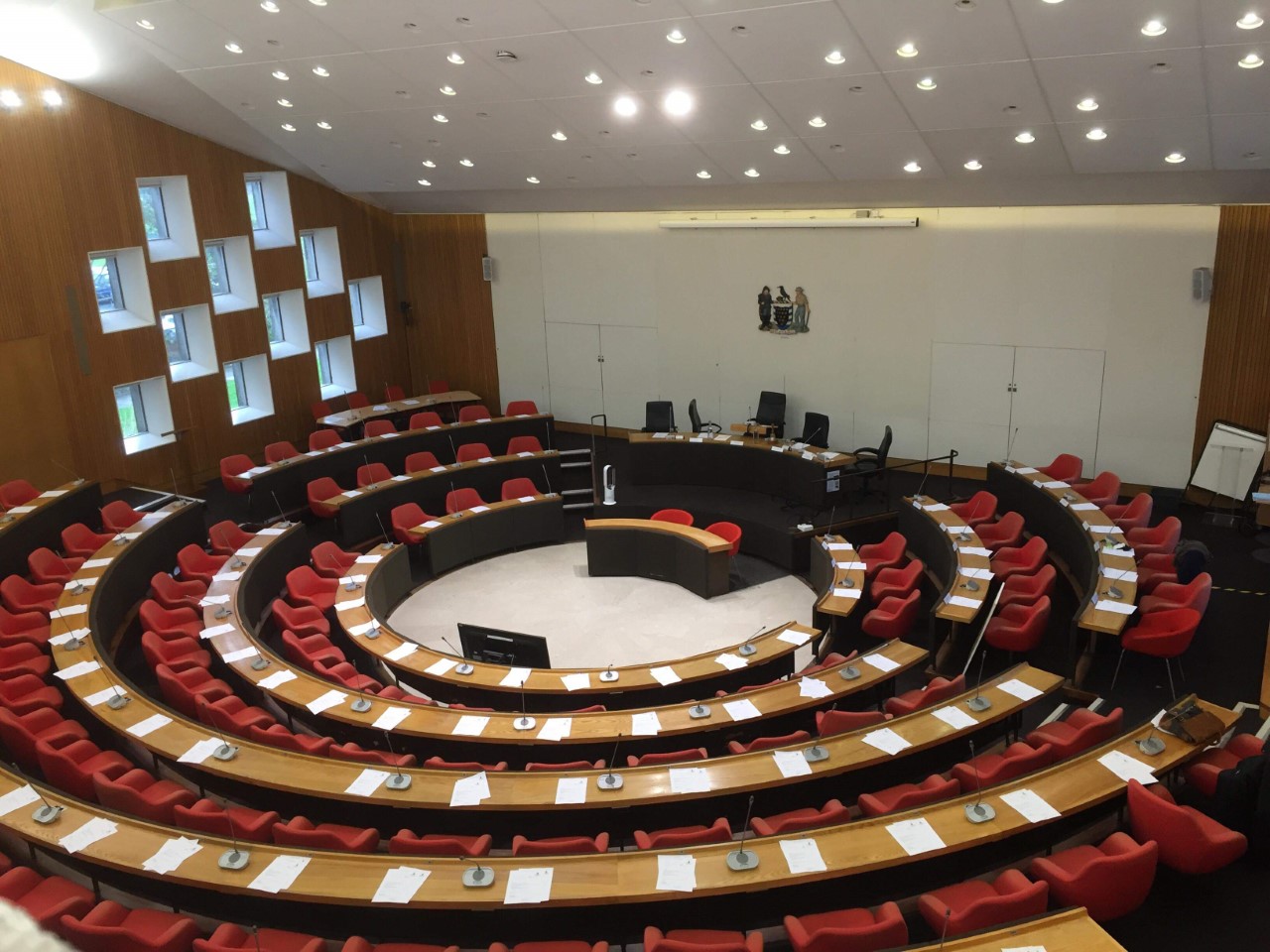
Social Care: Cornwall Council held to account for refusing disabled woman payments to pay for care Image: National Cancer Institute
A report published by the Local Government and Social Care Ombudsman (the Ombudsman), published on 4 February, was formally reviewed by the Standards Committee today.
It confirmed that Cornwall Council were at fault for telling a disabled woman that she could not use her direct payments to pay her daughter to care for her because they lived in the same household.
After initially refusing to make any payments to remedy this, the Council faced an investigation that found them at fault for stopping the mother’s direct payments without carrying out a needs and carer assessment or identifying an agency that could take over the care provided by the daughter.
The council have since accepted and acted on the Ombudsman’s recommendations to apologise to the woman and her daughter, as well as paying the daughter an amount equivalent to that which she would have received had the council continued to pay for the care she provided between January 2019 and February 2020.
A review of the woman’s circumstances has also been agreed on, to determine whether the Council should allow the Direct Payments to be paid to her daughter to provide care. Usually, live-in family members can only be paid as carers under exceptional circumstances, hence the complex responses to this case.

Cornwall Council: Standards Committee formally review Working Group’s report on complaint against Adult Social Care Image: Cornwall Council
Local Government and Social Care Ombudsman, Michael King, said: “Councils have a duty to ensure people’s personal budgets are spent appropriately, but they cannot simply leave people without the care and support they need while looking for alternative solutions.
“By failing to provide a suitable alternative, the daughter felt she was left with no other option than to provide the care herself, to her own detriment.
“I am pleased the council has now agreed to all of my recommendations, which should ensure other people in the county are not affected in a similar way.”
